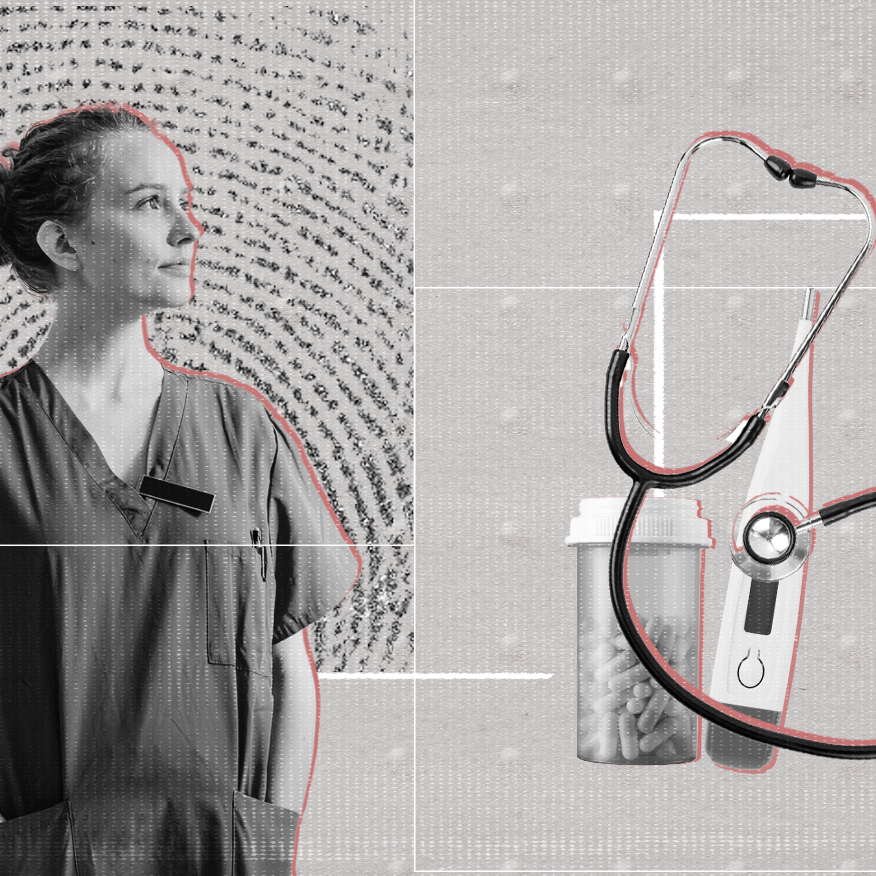
U.S. State Policy
Sections
- Topics
- U.S. State Policy
- Antibiotics
- Arts & Culture
- Biomedical Research
- Economic Mobility
- Family Finances
- Fiscal & Economic Policy
- Global Trends
- Health Care
- Higher Education
- Hispanics
- Infrastructure
- Internet & Tech
- Land Conservation
- Media & News
- Ocean Conservation
- Religion
- Retirement
- Social and Demographic Trends
- U.S. Policy
- U.S. Politics
- Behavioral Health
State lawmakers play a major role in advancing the quality of Americans’ lives, from helping to protect the air we breathe and water we drink, to educating our children.
By researching emerging topics and developing 50-state comparisons, Pew identifies innovative approaches states are using to help solve complex challenges. Pew also conducts extensive research and analysis to understand how states can better serve the public, and we work with states to develop data-driven, pragmatic solutions to issues such as dental health, the growing costs of incarceration, the need for cost-effective public pensions, protecting coastal habitats, and reducing flood risk.


Fiscal 50: State Trends and Analysis
Fiscal 50 is an interactive platform that provides clear, data-driven portraits of state fiscal conditions. Users can view, sort, and analyze data on key trends that shape states’ fiscal health now and over the long term. Fiscal 50 also features research and analysis to help users understand how these trends interact and fit together—and how they relate to real-time developments playing out in state capitols across the country.
Exclusive state-policy research, infographics, and stats every two weeks.
Latest Research
OUR WORK
Related Projects

More than 2 million people with mental health conditions—including bipolar disorder, schizophrenia, and severe depression—are jailed each year, often for misdemeanor crimes. Three-quarters of these individuals have co-occurring substance use...
Read More
The Pew Charitable Trusts’ evidence project works with funding organizations, researchers, policymakers, and others to transform how research and evidence are generated, valued, and used....
Read More
Each year, people throughout the United States suffer from millions of preventable illnesses and hundreds of thousands of premature deaths, with a combined cost of more than $730 billion. Underlying this tragic reality is the insufficient use of...
Read More
State and local courts hear more than 95% of all cases filed in the United States, covering matters that directly affect the safety, well-being, and stability of millions of people and their communities. Many of these cases can have profound...
Read More
The energy modernization project works with state and federal policymakers to modernize the transmission grid and accelerate adoption of large-scale energy generation and local, distributed energy, such as home solar and batteries....
Read More
Managing a state’s finances—whether working to erase a budget deficit or reaching consensus on what to do with a surplus—is challenging. But planning for fiscal threats beyond the immediate budget cycle is not only far more complex, it’s often...
Read More
Pew’s retirement savings project studies the challenges and opportunities for increasing retirement savings. The initiative, which fosters policy discussion on how best to ensure that everyone can save a sufficient amount for retirement, examines...
Read More












